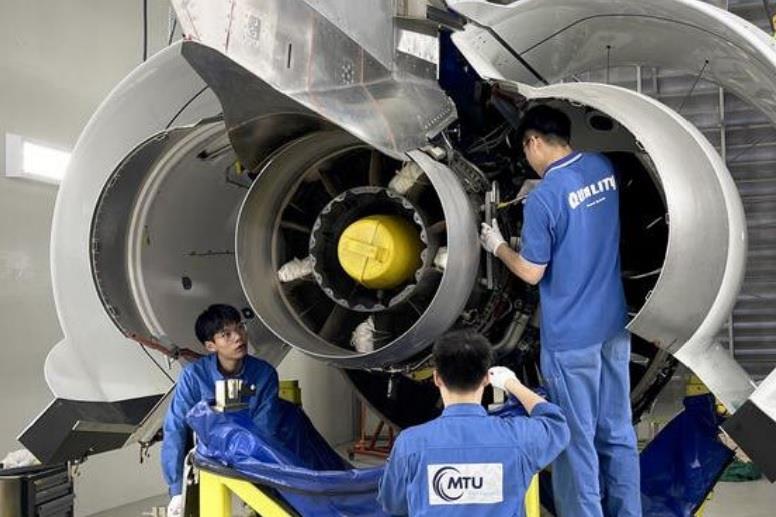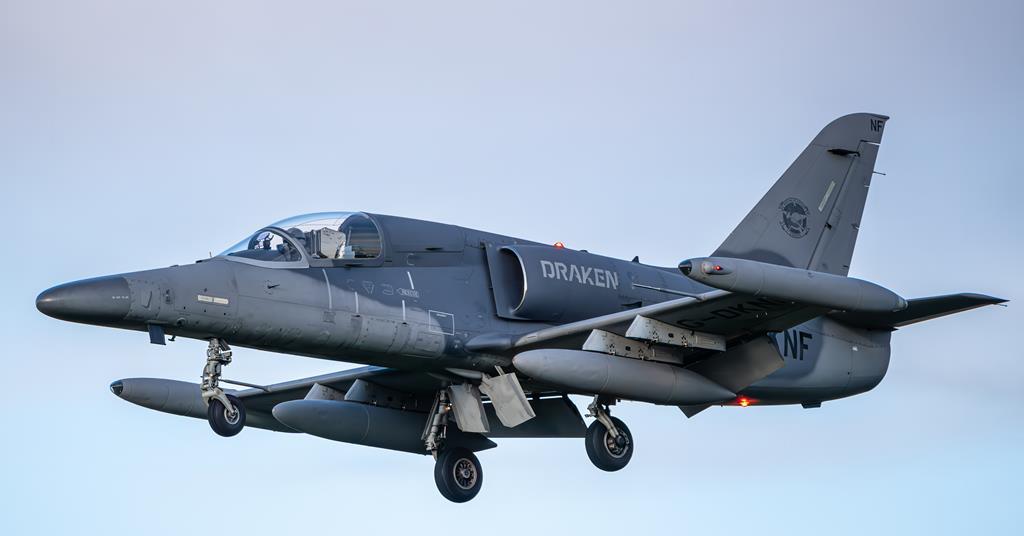Airbus completes combat cloud demonstration using DT25 drone | News
Company
Legal Links
Contact
- +44 7947 753363
- contact@skylineairporttransfers.co.uk
- 6 Walsall Street Bilston Wolverhampton WV14 0AT
© Skyline Airport Transfers. Created by![]() Beaphoenix WebDesign ltd
Beaphoenix WebDesign ltd
Popular Locations:
Birmingham: Aston, Bournville, Edgbaston, Erdington, Great Barr, Hall Green, Handsworth, Harborne, Northfield, Quinton, Soho, Sutton Coldfield, Amblecote, Brierley Hill, Coseley, Cradley, Gornal, Halesowen, Kingswinford, Lye, Netherton, Sedgley, Stourbridge, Quarry Bank, Bearwood, Blackheath, Cradley Heath, Great Bridge, Old Hill, Rowley Regis, Smethwick, Tipton, Tividale, Wednesbury, West Bromwich, Balsall Common, Bickenhill, Castle Bromwich, Chelmsley Wood, Dorridge, Elmdon, Hampton in Arden, Kingshurst, Knowle, Marston Green, Meriden, Monkspath, Hockley Heath, Shirley, Aldridge, Birchills, Bloxwich, Brownhills, Darlaston, Leamore, Palfrey, Pelsall, Pheasey, Shelfield, Streetly, Willenhall, Bilston, Blakenhall, Bushbury, Compton, Ettingshall, Heath Town, Oxley, Penn, Tettenhall, Wednesfield, Burntwood, Lichfield, Cannock, Rugeley, KIDDERMINSTER, Brierly Hill,
STOURPORT-ON-SEVERN
Coventry: Allesley, Binley, Keresley, Stoke, Tile Hill
Leicester: Abbey Rise, Ashton Green, Aylestone, Beaumont Leys, Bede Island, Belgrave, Blackfriars, Braunstone, Braunstone Frith, Bradgate Heights, Clarendon Park, Crown Hills, Dane Hills, Evington, Evington Valley, Eyres Monsell, Frog Island, Goodwood, Hamilton, Highfields, Horston Hill, Humberstone, Humberstone Garden, Kirby Frith, Knighton, Mowmacre Hill, Netherhall, Newfoundpool, New Parks, North Evington, Northfields, Rowlatts Hill, Rowley Fields, Rushey Mead, Saffron, Southfields, South Knighton, Spinney Hills, Stocking Farm, Stoneygate, St. Matthew’s, St. Mark’s, St. Peters, Thurnby Lodge, West End, West Knighton, Western Park, Woodgate
Derby: Matlock, Ripley, Ashbourne, ILKESTON, SWADLINCOTE , BURTON-ON-TRENT, BAKEWELL,
ALFRETON, BELPER, HEANOR
Telford: Market Drayton, Newport, Shifnal, Broseley, Much Wenlock
Stoke: Stoke-on-Trent, Newcastle, Leek, Uttoxeter, Stone, Stafford
Worcester: Worcester, Droitwich, Pershore, Broadway, Evesham, Malvern, Tenbury Wells
Gloucester: Gloucester, Cheltenham, Stroud, Cirencester, Tewkesbury, Badminton, Berkeley, Blakeney, Chipping Campden, Cinderford, Coleford, Drybrook, Dursley, Dymock, Fairford, Lechlade, Longhope, LydbrookLydney, Mitcheldean, Moreton-in-Marsh, Newent, Newnham, Ruardean, Stonehouse, Tetbury, Westbury-on-Severn, Wotton-under-Edge.
Nottingham: Nottingham, Sutton-in-Ashfield, Mansfield, Newark, Southwell, Grantham, Sleaford
Leicester: Leicester, Hinckley, Loughborough, Melton Mowbray, Oakham Market, Harborough, Lutterworth, Wigston, Ashby-de-la-Zouch, Ibstock, Markfield
Oxford: Oxford, Kidlington, Chipping Norton, Thame, Wallingford, Didcot, Wantage, Abingdon, Banbury, Carterton, Woodstock, Bicester, Witney, Chinnor, Watlington
Chester: Chester, Deeside, Bagillt, Buckley, Holywell, Birkenhead, Preston, Wallasey, Wirral, Neston, Ellesmere Port, Prenton
Airports we serve:
BHX: Birmingham Airport
EMA: East Midlands Airport
LHR: London Heathrow Airport
MAN: Manchester Airport
LGW: London Gatwick Airport
LTN: London Luton Airport
SOU: Southampton Airport
BRS: Bristol Airport
LPL: Liverpool John Lennon Airport
LCY: London City Airport
STN: London Stansted Airport



Airbus Defence & Space has completed an initial test campaign to demonstrate a digital combat cloud that will underpin operations with a Future Combat Air System (FCAS).
Showcasing the ability to support multi-domain operations, the 10-13 June activity – dubbed GOOSE – involved multiple flights of a DT25 target drone launched from Andoya in Norway.
“During each 60-minute flight, aircraft and sensor data were registered and published via the combat cloud, forming a data mesh at the tactical edge,” the European company says. “Various consumers both on the ground and in the air were able to subscribe to critical information and retrieve prioritised gigabytes of data,” it adds.
Software for its digital infrastructure “decouples mission applications from platform services”, while an open-architecture multiplatform autonomous reconfigurable and secure mission system will enable “autonomy and teaming between crewed and uncrewed platforms”.
“The trials substantiate Airbus’s approach to create a software-defined capability that allows military forces to operate seamlessly across land, air, sea, space and cyber domains,” the developer says.
“Further validations also confirmed the system’s ability to load and execute mission applications while meeting airworthiness standards.”
“Through collaboration with end-users, partners, and experts, we are integrating both existing and new systems to enhance operational capability,” says Airbus Defence & Space Germany managing director Harald Mannheim.
“Airbus’ investment in the combat cloud highlights our commitment to providing European armed forces with the software-defined and AI-powered connectivity they need,” he adds.
“The successful tests confirm Airbus’s commitment to delivering combat-ready solutions well ahead of 2040,” the company says, referring to the planned entry into service of a new generation fighter as part of the FCAS effort between France, Germany and Spain.
Source link
Share This:
skylinesmecher
Plan the perfect NYC Memorial Day weekend
Pack only what you need and avoid overpacking to streamline the check-in and security screening…
LA’s worst traffic areas and how to avoid them
Consider using alternative routes, such as Sepulveda Boulevard, which runs parallel to the 405 in…
GTF shop visits continue to drive commercial maintenance revenues at MTU
MTU Aero Engines is expecting continuing strong demand for powerplant maintenance, with the persisting Pratt…
Draken boosts UK ‘Red Air’ service delivery with L-159E after completing first depot-level inspection
Adversary training specialist Draken has completed a first depot-level inspection on one of the Aero…
Rolls-Royce lifts Trent engine durability-improvement target
Rolls-Royce has hiked the durability improvement target for its Trent engine time-on-wing programme, raising the…
Strong aftermarket drives up Rolls-Royce aerospace profits despite dip in engine deliveries
While supply-chain issues dragged engine deliveries down last year, Rolls-Royce’s financial performance in civil aerospace…
Airbus plots European-developed version of autonomous H145M helicopter
Airbus Helicopters is actively pursuing a domestically-developed autonomous uncrewed version of its H145M light-twin for…
Canada’s first Pilatus PC-21 Siskin II trainer enters flight-testing in Switzerland
Pilatus has completed the first flight of a PC-21 trainer produced for the Royal Canadian…
French navy receives final upgraded ATL-2 maritime patrol aircraft
France has completed a major upgrade to its navy-operated fleet of Dassault-Breguet ATL-2 maritime patrol…
BK 160 crashed into lake during upset-recovery training but cause remains elusive
Dutch investigators have been unable to determine conclusively why a Blackshape BK 160 descended rapidly…
Ex-GTLK Europe 777-300ERs sold for engine and spares recovery
Joint liquidators of the Russian-linked leasing firm GTLK Europe have sold three Boeing 777-300ERs to…
BAE Systems expands UAS technology pact with US partner Survice Engineering
BAE Systems’ FalconWorks unit is to expand its collaboration with US partner Survice Engineering, after…